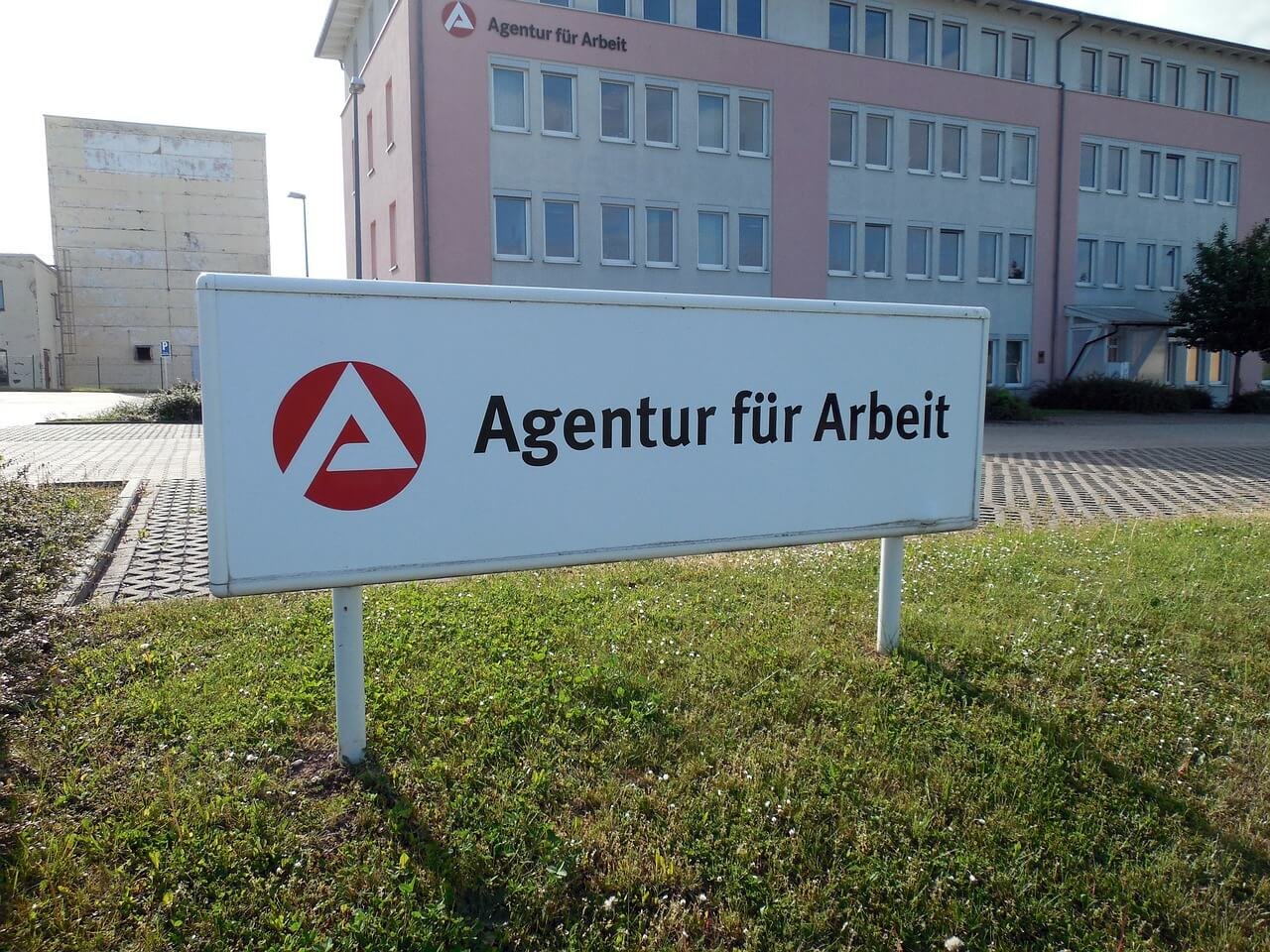
When an employment relationship ends in Germany, it doesn’t always end in conflict. Instead of going through formal dismissal and potential legal battles, many employers and employees opt for a settlement agreement—a mutually agreed contract that terminates the employment relationship on specific terms. In German, this is called an Aufhebungsvertrag. But while it often seems like a peaceful solution, a settlement agreement carries legal risks—especially for employees. Once signed, the agreement is binding and typically cannot be revoked. This article explains what a settlement agreement in Germany involves, what it should include, and what employees and expats should consider before signing.
1. What Is a Settlement Agreement?
A settlement agreement is a mutual contract between an employee and employer to terminate the employment relationship on agreed terms.
Key features:
- No notice period required
- Avoids formal dismissal
- Terms are individually negotiated
- Once signed, it is legally binding
📌 The German term is Aufhebungsvertrag—often used in severance negotiations or to settle legal disputes out of court.
2. When Is a Settlement Agreement Used?
A settlement agreement may be offered or negotiated in various situations, such as:
- To avoid dismissal proceedings
- After filing an unfair dismissal claim
- During company restructuring or downsizing
- To save time and legal fees
- As part of a severance package
📌 Employers often offer a settlement agreement when they want to avoid the risk of losing in court or facing reinstatement orders.
3. What Does a Settlement Agreement Include?
A well-drafted settlement agreement typically contains:
✅ Date of termination
✅ Waiver of notice periods
✅ Final salary and bonus payments
✅ Severance pay (if agreed)
✅ Treatment of unused vacation or overtime
✅ Return of company property
✅ Confidentiality clauses
✅ Non-disparagement clause
✅ Agreement on a work reference (qualifiziertes Arbeitszeugnis)
✅ Waiver of future legal claims
📌 Once signed, both parties waive the right to pursue legal action related to the employment contract.
4. Is a Settlement Agreement Legally Binding?
Yes. In Germany, a settlement agreement is fully binding once both parties have signed it in writing. Verbal or email agreements are not valid.
Important legal rules:
- Must be in written form
- Must include clear termination terms
- Cannot be revoked unless signed under duress, fraud or mistake
- Employees do not have a cooling-off period
⚠️ Never sign under pressure. You may lose severance, unemployment benefits, and legal recourse.
5. Do You Have to Accept a Settlement Agreement?
No. You are under no legal obligation to accept a settlement agreement. You can:
- Decline and let the employer initiate formal dismissal
- Negotiate better terms (e.g. severance, reference, later termination date)
- Consult a lawyer before making a decision
💡 Never sign a settlement agreement on the spot—request time to review it.
6. Severance Pay in Settlement Agreements
Many termination agreements include severance pay (Abfindung) as a form of compensation for job loss.
Typical formula:
0.5 × monthly gross salary × years of service
You can estimate your payout using our Severance Pay Calculator.
📌 Severance is not mandatory by law, but often used to incentivize employees to agree to termination.
7. Risks for Employees
While settlement agreements offer flexibility, there are potential drawbacks:
❌ Unemployment benefits at risk
The employment agency (Agentur für Arbeit) may impose a 12-week suspension period (Sperrzeit) on your unemployment benefits if:
- You initiated the agreement, or
- You signed without compelling reason (e.g. imminent dismissal)
❌ Loss of legal protection
Once signed, you cannot claim unfair dismissal, missing pay, or other rights.
❌ Pressure to sign quickly
Many employers push for immediate signature—sometimes during surprise meetings.
📌 Tip: Always ask for at least 3 days to review the agreement and consider consulting a lawyer.
8. What Should Expats Know?
Expats should be especially cautious, as a settlement agreement may affect:
- Residence permit status (especially for Blue Card holders)
- Eligibility to stay in Germany without a job
- Social security entitlements (pension, unemployment)
- Taxation of severance pay (see One-Fifth Rule)
📌 Consult both a labor lawyer and an immigration advisor before signing.
9. Can a Settlement Agreement Be Challenged?
Only under very narrow circumstances:
- If signed under duress or deception
- If essential terms are unclear or missing
- If the agreement violates good faith or basic labor standards
Otherwise, courts will uphold a validly signed agreement—even if it turns out to be unfavorable.
10. Tips Before Signing a Settlement Agreement
✅ Take your time—don’t sign under pressure
✅ Read the agreement line by line
✅ Ask questions about severance, notice period, and unemployment effects
✅ Consult a specialized employment lawyer
✅ Ensure your termination date, payout, and reference are clear
✅ Confirm you’ll receive a qualified work certificate
📌 Once signed, it’s binding—don’t assume you can “undo” it later.
Conclusion
A settlement agreement in Germany offers an alternative to dismissal—but also carries serious consequences. While it can provide financial support and a clean exit, it may also lead to unemployment benefit suspensions and the loss of important employee rights.
Whether you’re a local employee or an expat working under a residence permit, always seek legal advice before signing any agreement that ends your employment. With proper negotiation and professional support, a settlement agreement can be a fair and beneficial solution for both sides.






